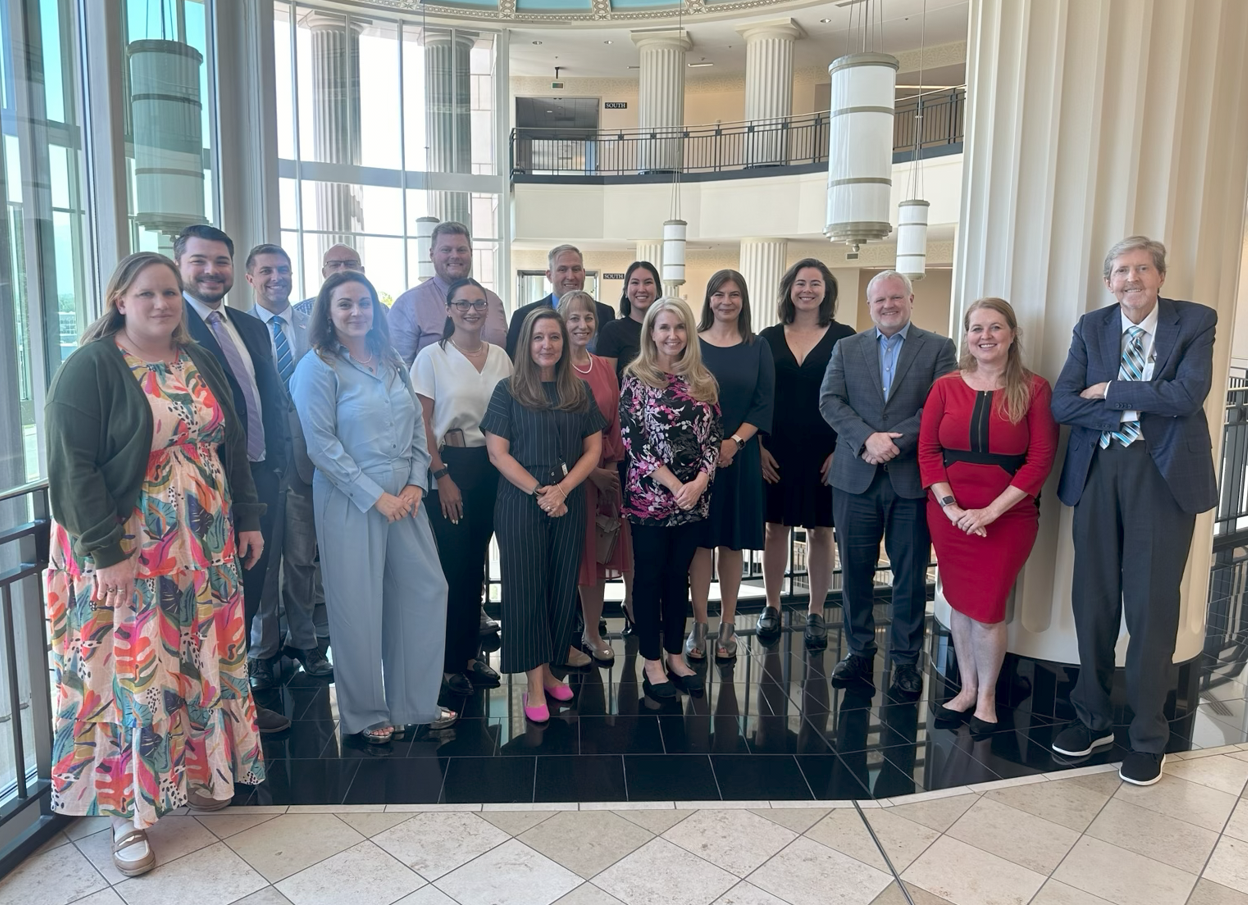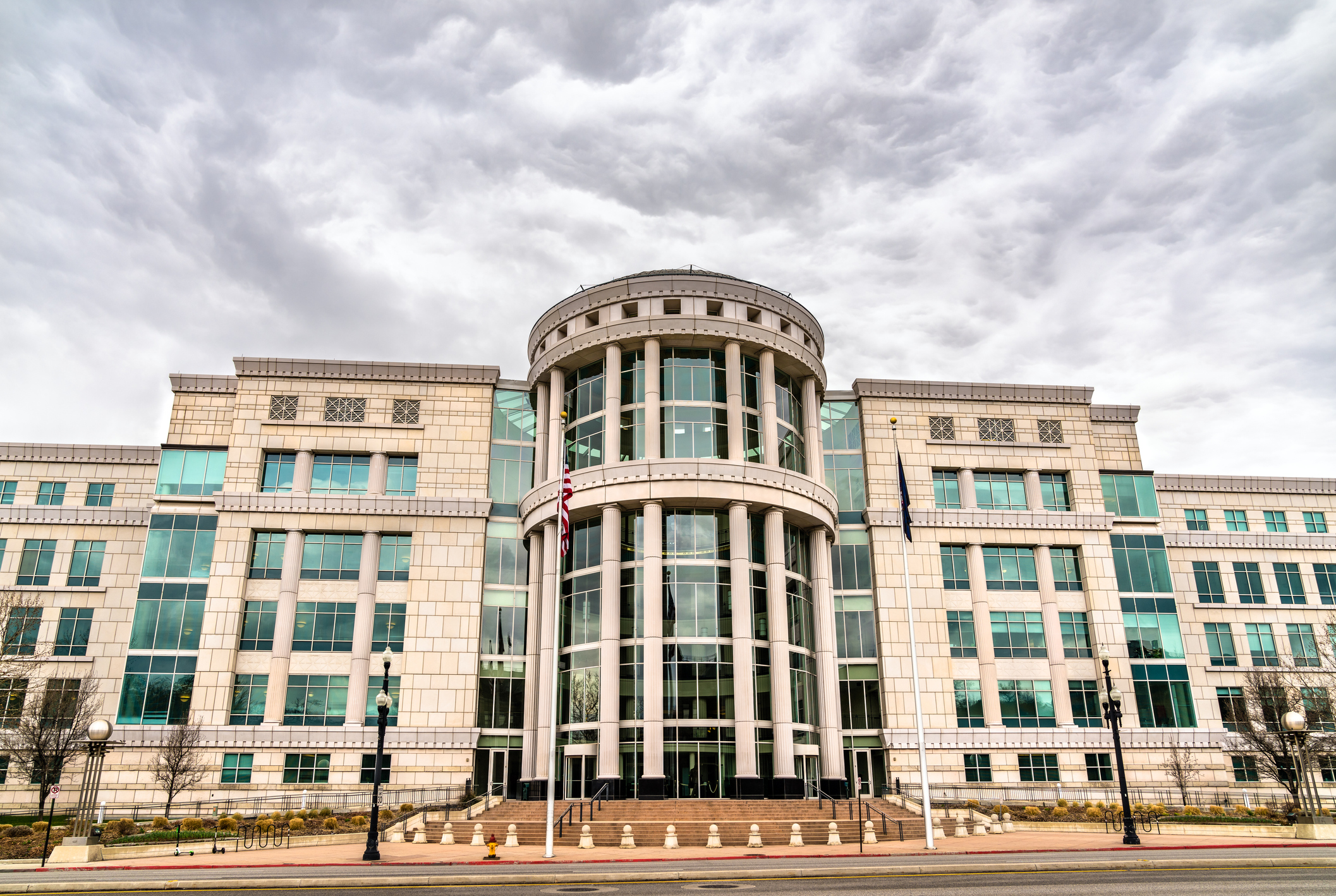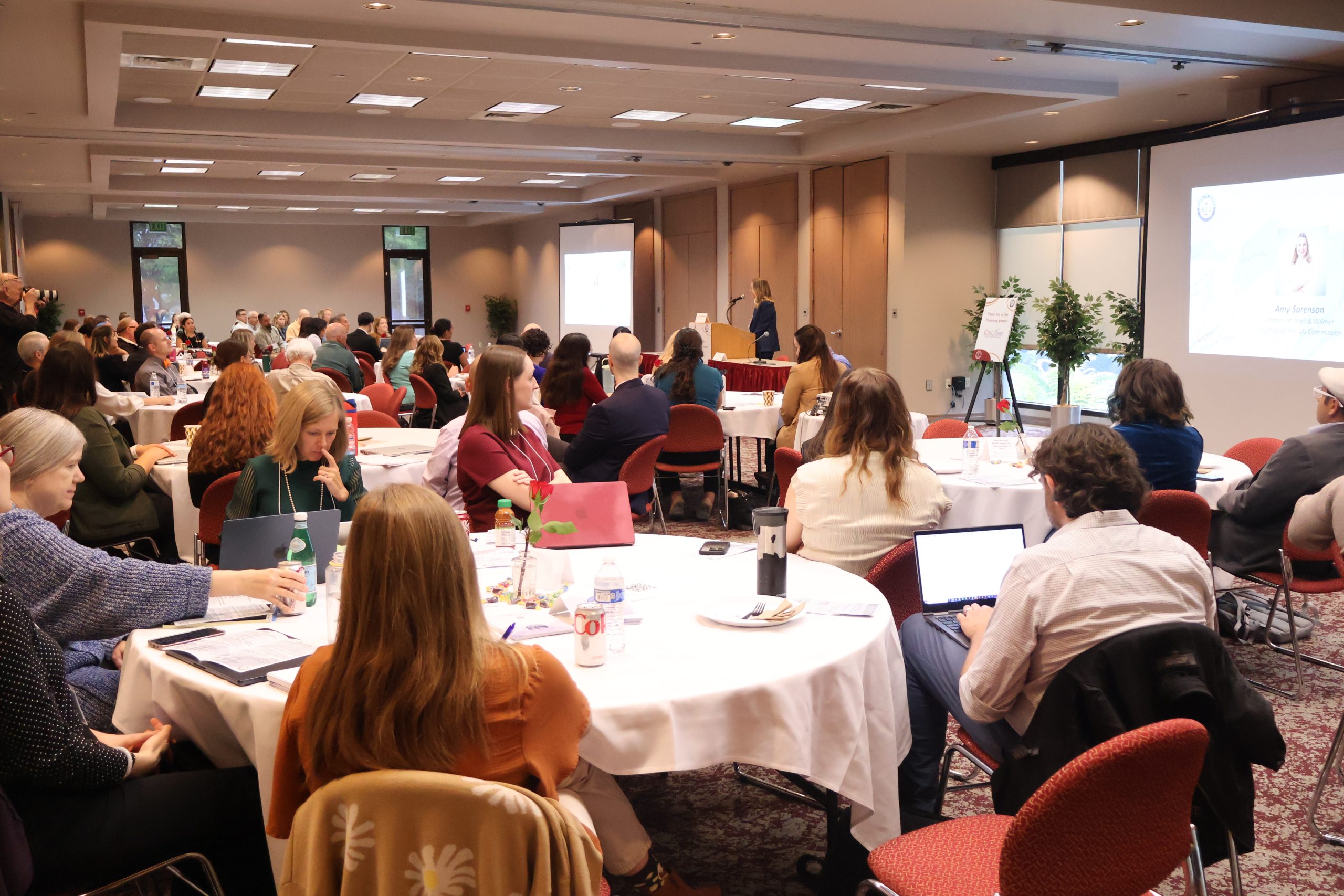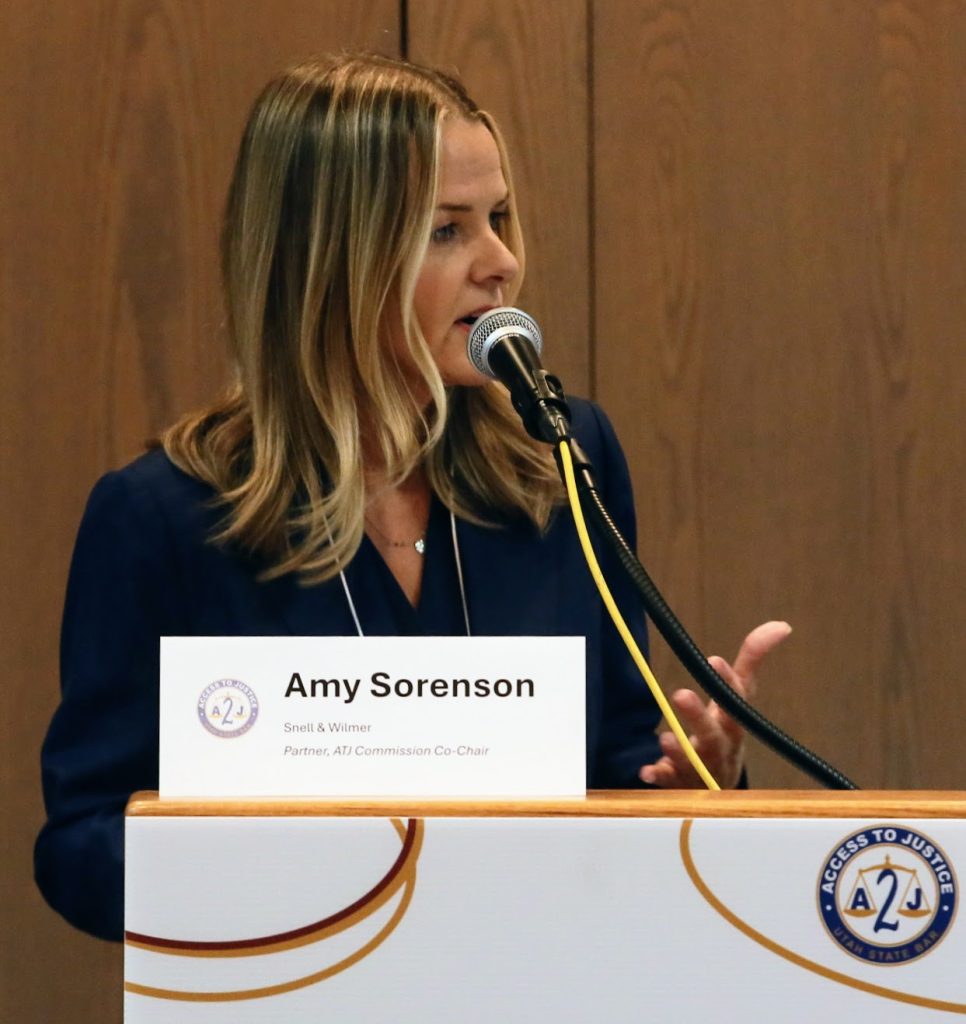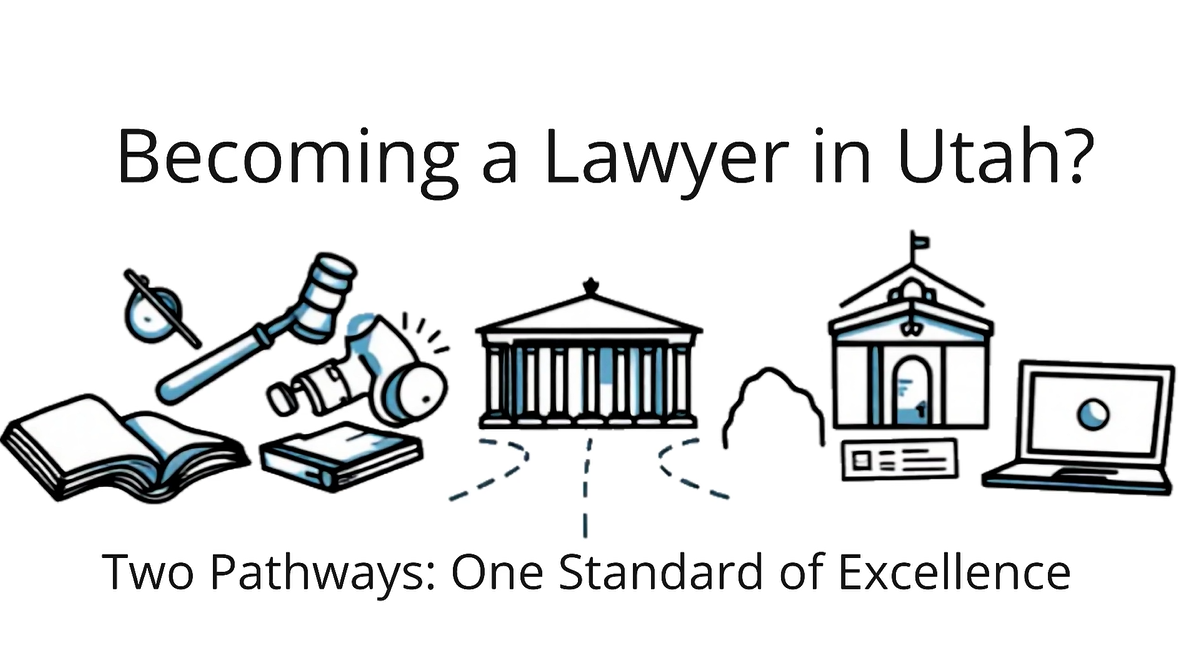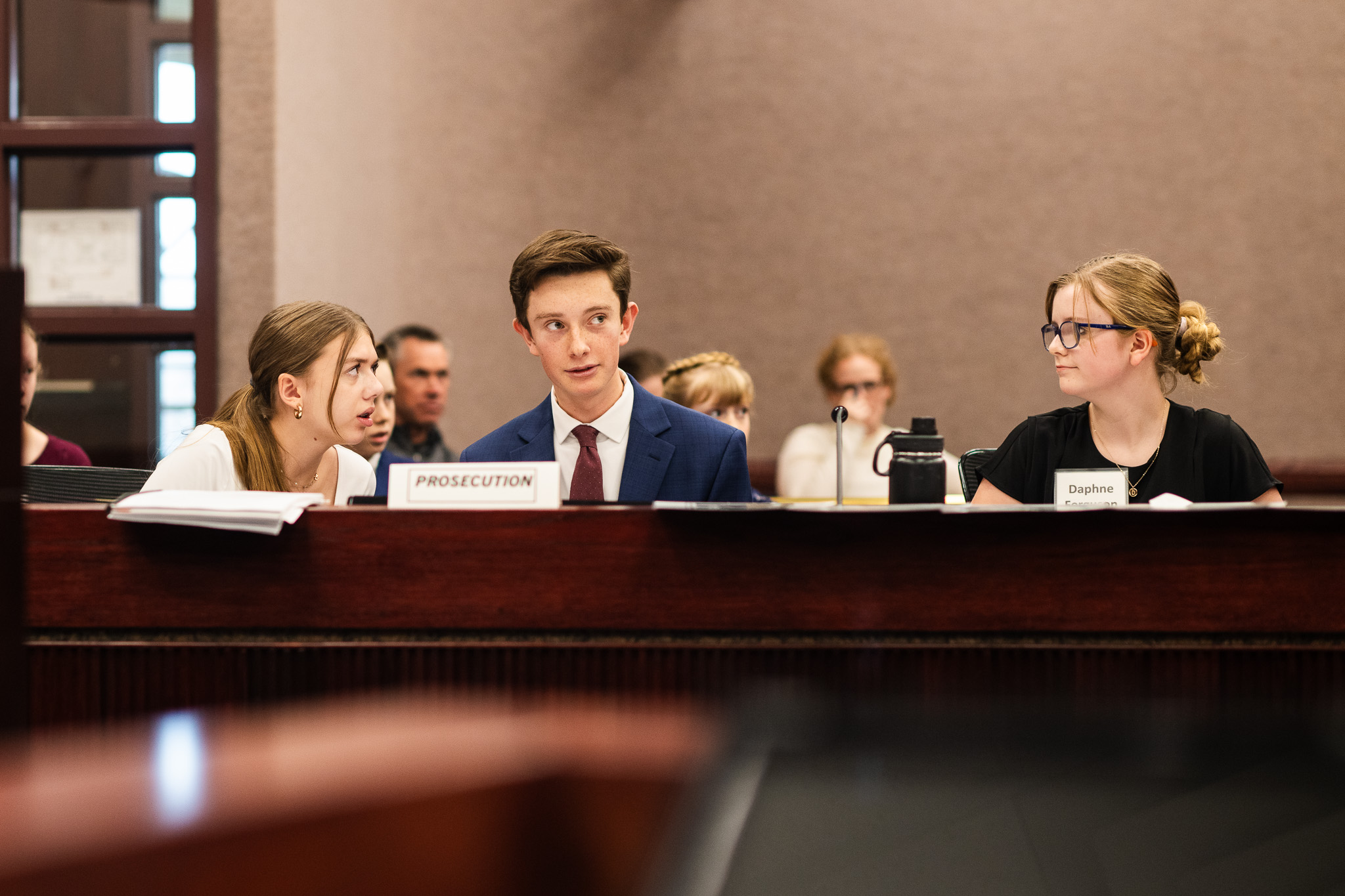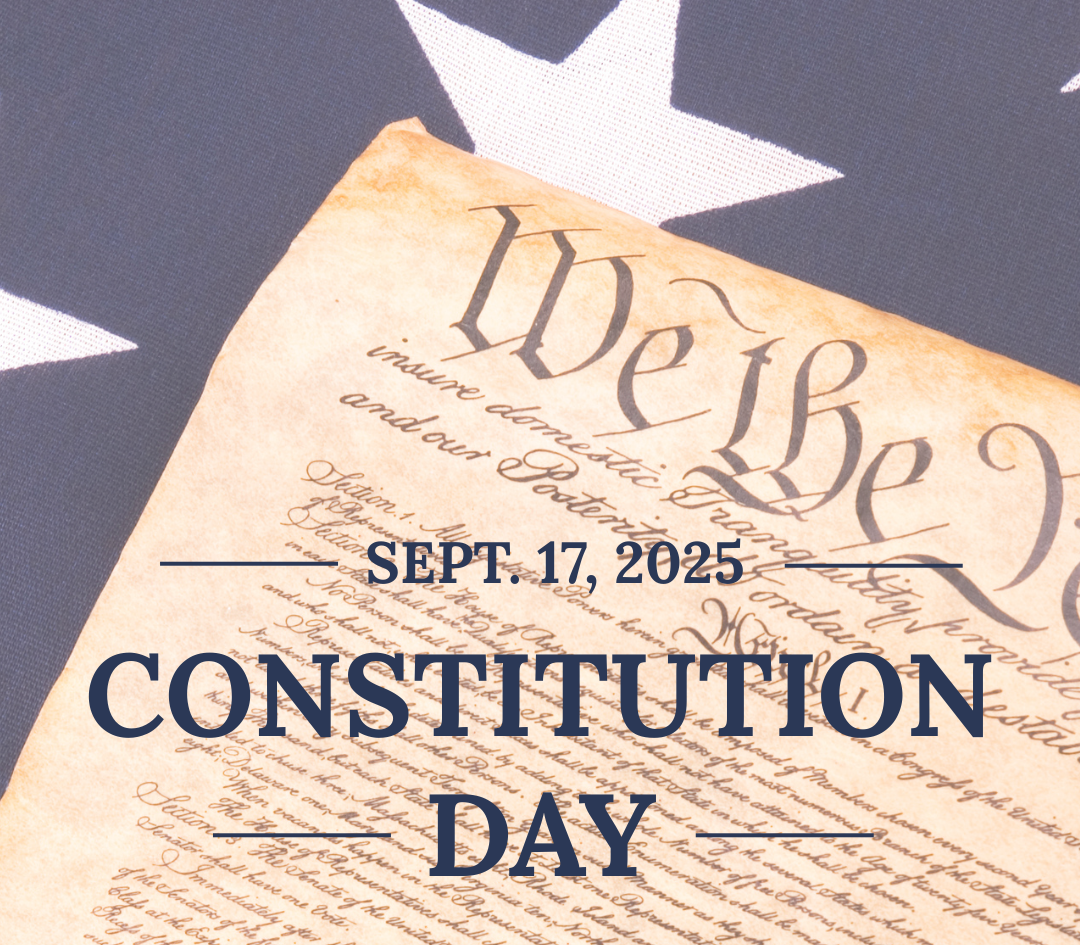Are you a Utah attorney eager to grow as a leader and make a lasting impact on the legal community? The Utah State Bar Leadership Academy is now accepting applications for the Class of 2026, and this is your opportunity to take your career — and your influence — to the next level.
What Is the Leadership Academy?
The Utah Leadership Academy is a unique professional development program that brings together a select group of attorneys from across the state to explore what it means to lead with integrity, vision, and purpose. Participants meet with local and national leaders to discuss topics that shape both the legal profession and the community it serves.
Through a two-day workshop, eight meetings, and social activities throughout the year, participants receive mentoring and hands-on training from some of Utah’s most respected legal professionals.
What You’ll Learn
Topics may include:
- Qualities of effective leadership
- Setting and achieving goals
- Getting to “Yes”
- Dealing with difficult workplace situations
- Networking skills
- Improving oral advocacy
- Identifying and maximizing your leadership style
- Finding balance in an unbalanced world
These sessions are designed to strengthen not only your leadership abilities but also your confidence, perspective, and professional network.
Who Should Apply
The Academy seeks attorneys who are passionate about developing leadership skills and serving the Utah legal community. Approximately 12 participants will be selected for the 2026 class.
To apply, you must:
- Be a member in good standing of the Utah State Bar.
- Attend the initial training retreat in February 2026 in California.
- Commit to attending at least 90% of meetings.
- Commit to serving at least one year on a Utah State Bar committee.
- Preference is given to attorneys in practice less than 10 years.
The Academy also strives for broad representation and encourages applications from attorneys who are geographically or otherwise diverse.
How to Apply
Submit your application, letters of recommendation, and resume by November 14, 2025, to:
📧 Christy Abad – cabad@utahbar.org
For program questions, contact Jenifer Tomchak at jen.tomchak@tomchaklaw.com.
Why Apply?
This is more than a professional development opportunity — it’s a chance to join a community of thoughtful, service-minded lawyers dedicated to ensuring the Bar’s legacy of strong and principled leadership.
Learn more and access application materials at utahbar.org/leadership-academy/.
AI assisted in writing this blog.
